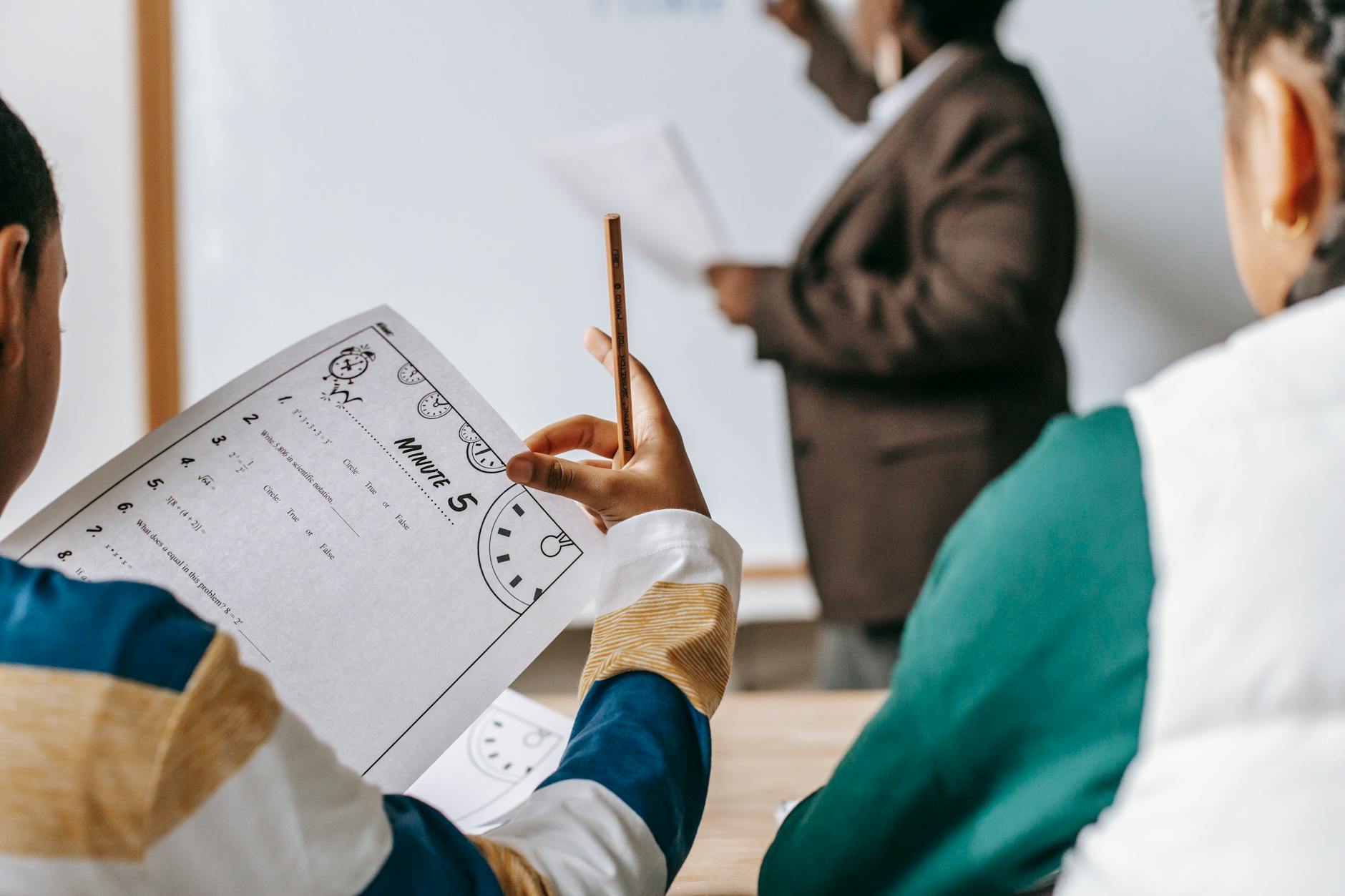Pro Therapy Dog Training in Sydney Tips!

Having a therapy dog can be a wonderful addition to one’s life, offering comfort and support to those in need. To ensure that your dog can fulfill this important role, it's essential to invest in proper training. In Sydney, numerous experts specialize in therapy dog training, and they're keen to share their insights for creating a well-trained and therapeutic canine companion. Here are some of the best techniques they recommend:
Understand the Role of a Therapy Dog
A therapy dog is trained to provide affection and comfort to individuals in hospitals, retirement homes, nursing homes, schools, and to people with learning difficulties and stressful situations. Knowing the difference between a therapy dog, a service dog, and an emotional support animal is crucial because training approaches and access may vary among these categories.
Choose the Right Breed and Temperament
Although any breed can potentially be a therapy dog, some breeds have natural characteristics that make them suited for this work, like being calm and non-aggressive. It's more about the individual dog's temperament; the ideal therapy dog is patient, gentle, friendly, and confident in various situations.
Basic Obedience Training
The foundation of any good therapy dog is solid basic obedience training. A therapy dog should be able to:
- Respond to basic commands such as "sit," "stay," "come," and "leave it."
- Walk on a loose leash without pulling.
- Stay calm in the presence of other dogs and people.
Socialization
Expose your dog to a variety of environments, people, and other animals. Socialization helps ensure that the dog is well-adjusted and comfortable in a range of settings, from quiet rooms to more bustling environments like hospitals or schools.
Specialized Therapy Dog Training
After mastering basic obedience, a dog can move on to more specialized training. This can include learning to navigate around medical equipment, ignore dropped food, and respond to cues from individuals other than the handler.
Certification and Evaluation
While not always mandatory, obtaining certification from a recognized therapy dog organization adds credibility to the dog's status. In Sydney, owners can seek out certifying organizations that evaluate therapy dogs to ensure they meet specific behavioral and health standards.
Continuing Education and Practice
Therapy-dog training isn't a one-time process. Continuing to practice and attend specialized training or refresher courses helps maintain the dog's skills and adapt to new people and situations.
Choosing a Trainer
When selecting a professional trainer in Sydney, look for one who:
- Has experience with therapy dog training.
- Uses positive reinforcement methods.
- Can provide references or testimonials from previous clients.
Insurance and Health
Ensure that your therapy dog is fully vaccinated and has routine health checks. Some organizations in Sydney also require therapy dogs to be covered by liability insurance.
Be Patient and Stay Positive
Working with animals requires patience and persistence. Always use positive reinforcement techniques such as praise, treats, and play to encourage the dog. Negative responses can hinder progress and affect the dog's suitability as a therapy animal.
Find a Supportive Community
Joining local clubs or online communities for therapy dog handlers can provide valuable support, advice, and connections to others who share your interest in therapy dog work.
Through these expert tips, potential therapy dog trainers in Sydney can ensure their canine companions are well-prepared to offer comfort and support to those in need. Remember, the foundation of successful therapy dog training lies in the bond between the dog and the handler. A strong relationship will enable the dog not only to perform well but also to enjoy the work it does as a therapeutic partner.
For more information or to seek professional training in Sydney, research local organizations and trainers with strong reputations and a commitment to the welfare of both dogs and the people they serve.